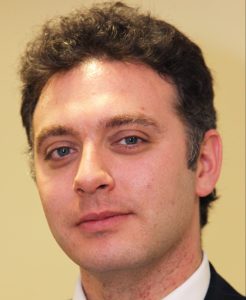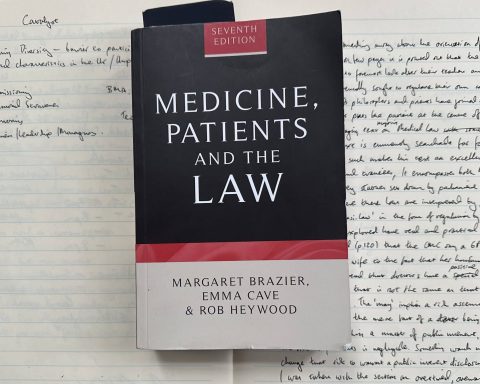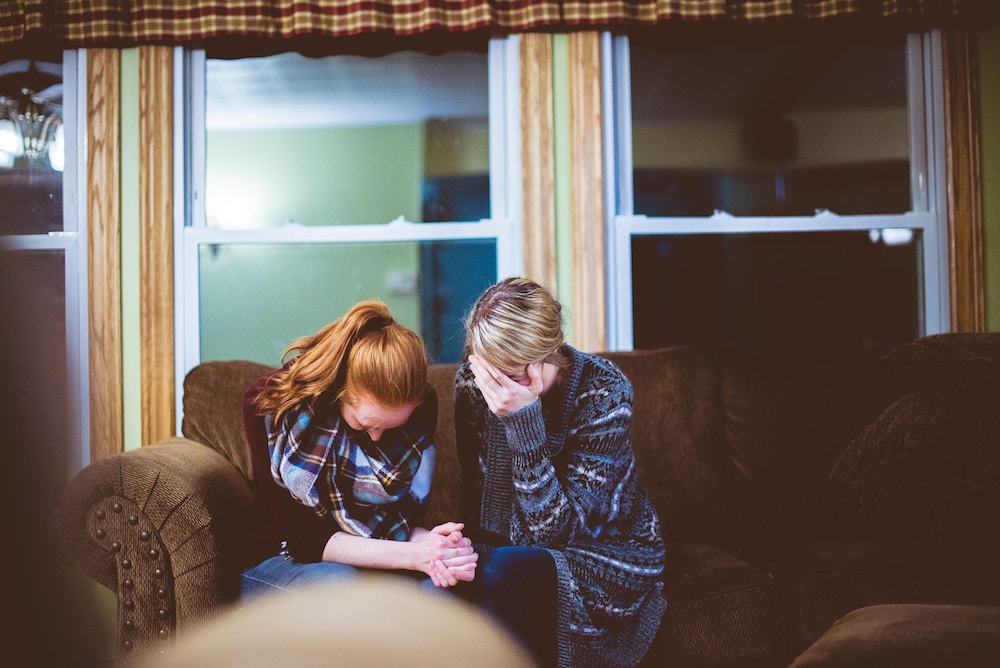
 Euan Lawson is the Editor of the BJGP. You can find him on Bluesky: @euanlawson.social
Euan Lawson is the Editor of the BJGP. You can find him on Bluesky: @euanlawson.social
Andrew Papanikitas is deputy editor of the BJGP, and a GP in Oxford. He is on X: @gentlemedic
On 29 November 2024 the UK’s parliament voted to take forward Kim Leadbeater’s private member’s bill on assisted dying for people resident in England and Wales. Scotland, Jersey, and the Isle of Man have their own legislation in process. The bill will give adults who are terminally ill and who are deemed to have less than six months to live the right to die. These requests will have to be signed off by two doctors and a high court judge. The bill will now go through a lengthy process of scrutiny in committee stage before it returns to the Commons and, if successful, the Lords. There will be amendments and, assuming it clears the various legislative hurdles, there will then be a two-year implementation period.
…accelerating or bringing about death of a patient has always been a contentious and divisive issue, and one which should concern all GPs…
Medical involvement in accelerating or bringing about death of a patient has always been a contentious and divisive issue, and one which should concern all GPs who are already involved in many aspects of family medicine where assisted dying could be requested. There will be many ways in which future legislation will potentially impact on GPs and their relationship with patients.
One note of caution has been sounded by a small study of Dutch GPs in the Journal of Medical Ethics in which de Boer et al found that although there is no legal obligation to provide physician-assisted suicide or euthanasia in the Dutch statute, GPs in their sample group felt morally obliged to do so.1 They describe emotional blackmail by patients and relatives if they did not help; and of patients making arrangements that made it hard to refuse, such as setting a date and gathering witnesses. Time and other organisational pressures were also a factor, including ‘referrals’ from another doctor and having to offer the service to patients they knew less well. Whilst the study sample is small, the issues raised are recognisable. A further study from the Netherlands highlighted the importance of support for GPs.2 This study was related to euthanasia requests from people with dementia and this is not within the scope of the proposed UK legislation but the suggestions offer important avenues of support for physicians. Specifically, they touch on moral case deliberation, a type of clinical ethic support service, that provides “multidisciplinary moral support during the decision-making process”
…one would hope that this legislation will create an absolute imperative to invest heavily in palliative care – there is now an irrefutable moral case for palliative care, oft neglected, to be prioritised for funding.
A key aspect of the forthcoming legislation will be appropriate safeguards for doctors who do not wish to be involved and have conscientious objections. These and many other practicalities matter deeply and will need careful scrutiny and respectful debate. In addition, one would hope that this legislation will create an absolute imperative to invest heavily in palliative care – there is now an irrefutable moral case for palliative care, oft neglected, to be prioritised for funding.
GPs have a duty to be well-informed about the issues regardless of whether we are conscientiously pro, anti, or neutral. We anticipate publishing many articles around this topic, and the specifics of the bill, and we welcome the opportunity to ensure primary care voices are heard.
Acknowledgements: sections of this article were taken from an article written by Andrew Papanikitas for an RCGP news publication in 2019 that is no longer available in print or line. This article is also printed in the January 2024 edition of the BJGP and may be cited as: Lawson E, Papanikitas A. GPs and assisted dying. Br J Gen Pract, 2025; DOI: https://doi.org/10.3399/bjgp25X740409
References
- Boer ME de, Depla MFIA, Breejen M den, Slottje P, Onwuteaka-Philipsen BD, Hertogh CMPM. Pressure in dealing with requests for euthanasia or assisted suicide. Experiences of general practitioners. Journal of Medical Ethics. 2019 Jul 1;45(7):425–9.
- Schuurmans J, Vos S, Vissers P, Tilburgs B, Engels Y. Supporting GPs around euthanasia requests from people with dementia: a qualitative analysis of Dutch nominal group meetings. Br J Gen Pract. 2020 Nov 1;70(700):e833–42.
Featured image by Ugur Akdemir on Unsplash









